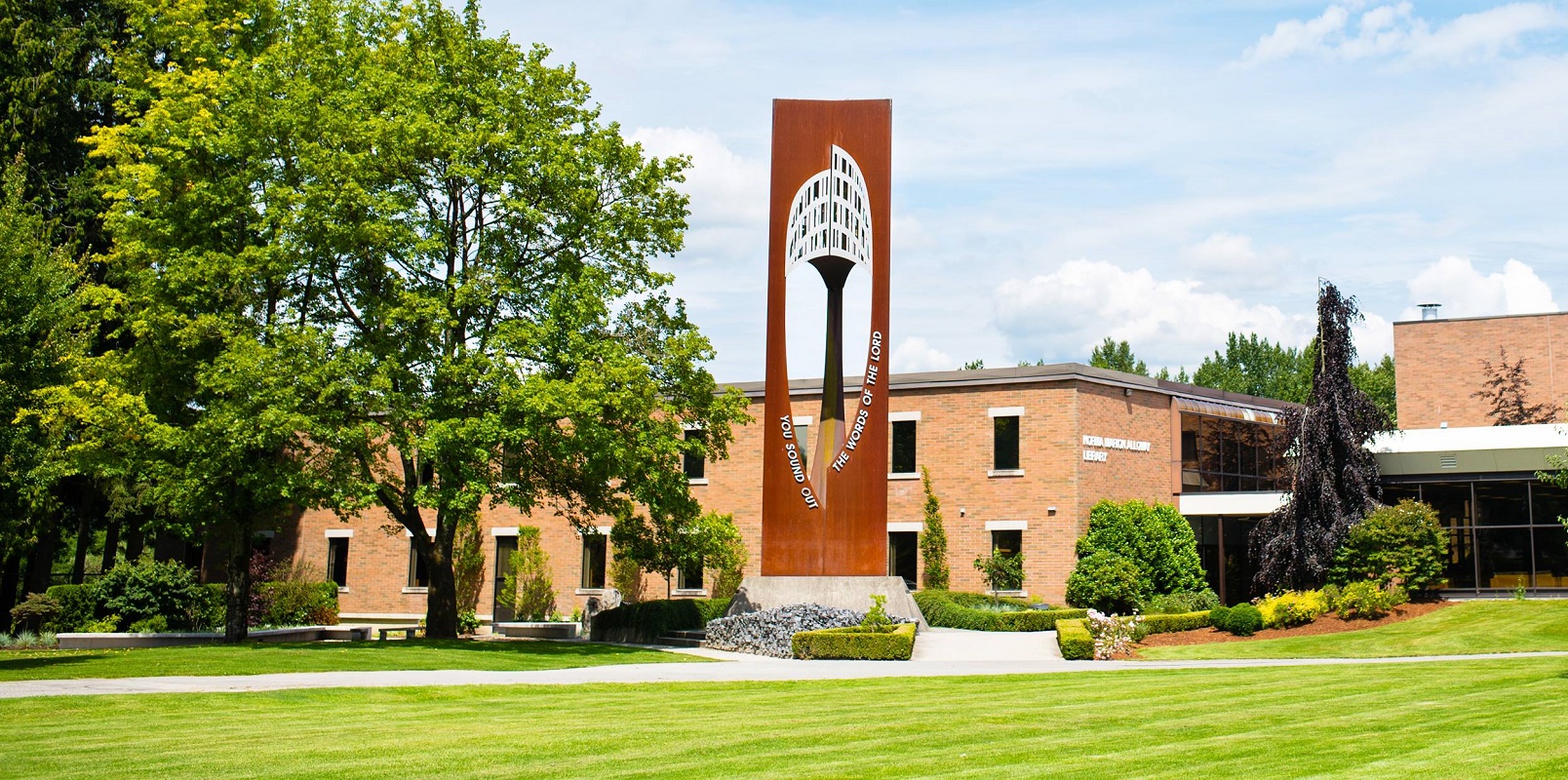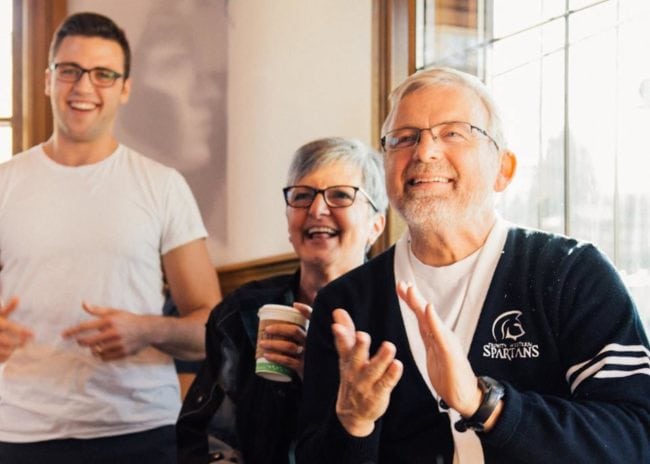Canadian Christian Law School Drops Gay Sex Ban After Supreme Court Ruling
A Christian university in Canada has abandoned a rule forcing all law students to agree not to have gay sex after the Supreme Court ruled against the school.
In June, the country’s top court ruled 7-2 in favour of law societies which refused accreditation to the school at Trinity Western University (TWU) in British Columbia.
The law school, which was first proposed by the evangelical university in 2012, required all students to sign a pledge to abstain from “sexual intimacy that violates the sacredness of marriage between a man and a woman.”
The university applied for accreditation in every province – meaning that its law students could be called to the bar anywhere in the country – but Ontario, British Columbia and Nova Scotia’s law societies – as well as the BC government – refused.
This led to a prolonged legal battle in which the university claimed their religious liberty had been infringed.
Lower courts in British Columbia and Nova Scotia ruled in favour of the law school.
But, faced with continued opposition from the British Columbia and Ontario law societies, the university took the case all the way to the Supreme Court.
By dumping the gay sex ban – which the school called the ‘Community Covenant’ – it seems that TWU has finally admitted defeat and the saga is over.
The school has passed a motion to end the ban, which states that “the Community Covenant will no longer be mandatory as of the 2018-19 Academic year with respect to admission of students to, or continuation of students at, the University.”
TWU president Bob Kuhn said everyone was welcome at the school and that the motion was meant to make it clear that “nothing that’s been discussed over the past few years during the law school battle should make anyone feel unwelcome.”
However, he added: “The theological, biblically based definition of marriage (hasn’t) changed, in our perspective,” the National Post has reported.

“That continues to be something we adhere to as a principle. It’s a question of application, and the application of that principle to students or prospective students.
“And (this policy change) is to clarify the fact that we will not discriminate… no matter how that’s defined, with respect to LGBTQ (people) or people of other faiths.”
Despite Kuhn’s sentiment, students and activists have welcomed the decision, with former TWU Master’s student Cam Thiessen saying: “I think it’s long overdue.”

Thiessen, who is bisexual and non-binary and dropped out of the university because it was too stressful, refused to sign the school’s contract because of its “blatant homophobia” and overt attempt to control his sex life.
He said: “I just kind of ignored them. No one came for me and I got my credits.”